The Jamaica Council for Persons with Disabilities (JCPD) stands ready to provide a range of well needed support services to members of the disabled community.
Persons with disabilities are therefore being encouraged to register with the JCPD to receive the economic, educational and social development benefits available.
Executive Director of the JCPD, Dr. Christine Hendricks, says the registration process is in two parts, which includes medical verification of an individual’s disability.
She tells JIS News that the medical report form can be accessed on the JCPD’s website at www.jcpdja.com, at the JCPD’s head office at 18 Ripon Road in St. Andrew, and at the Ministry of Labour and Social Security or the National Insurance Scheme (NIS) offices islandwide.
Dr. Hendricks says it is required that a medical professional relevant to the type of disability signs and stamps the forms.
The individual should then submit the form to the JCPD, along with a passport-sized photograph, TRN card, birth certificate, a national identification (ID) and provide relevant demographic information as requested.
“The disability has to be a permanent physical, intellectual, mental or sensory impairment determined by a medical professional in order for the person to be registered,” Dr. Hendricks points out.
Some 33,200 persons are currently registered with the JCPD.
Dr. Hendricks notes that among the benefits for members is the provision of economic empowerment grants to help persons become independent by starting or expanding small businesses. Grants range from $30,000 to $150,000.
Assistance-in-aid of up to $250,000 is also provided for assisted devices and therapies.
Educational benefits include scholarships, school fee support, books and assistance with other school-related materials.
Dr. Hendricks tells JIS News that the JCPD also provides medical support and assist persons with accessing National Housing Trust (NHT) benefits.
Disabled persons who are members of the JCPD also receive concessionary bus fares for the Jamaica Urban Transit Company (JUTC).
“I want to encourage persons with disabilities in the wider society who have a disability to get registered. Once you have an impairment, the JCPD exists to ensure that you are registered and can benefit from the numerous grants and other support services that are provided through the Government for persons with disabilities,” Dr. Hendricks says.
She is urging family members, friends, neighbours and employers to assist the disabled in getting registered with the JCPD.
Source: https://jis.gov.jm/jcpd-ready-to-assist-members-of-disabled-community/

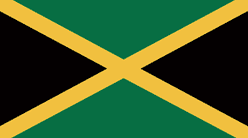
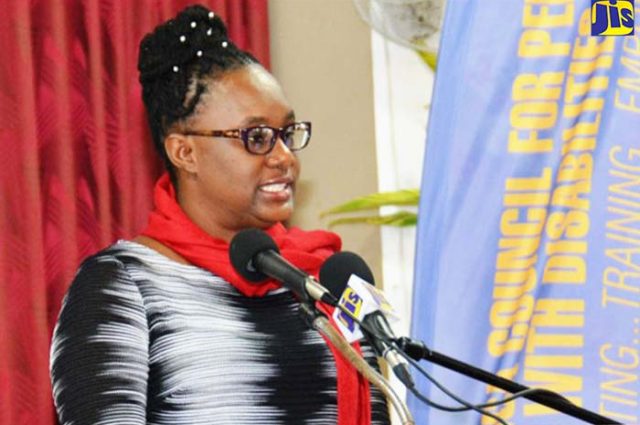 06
06 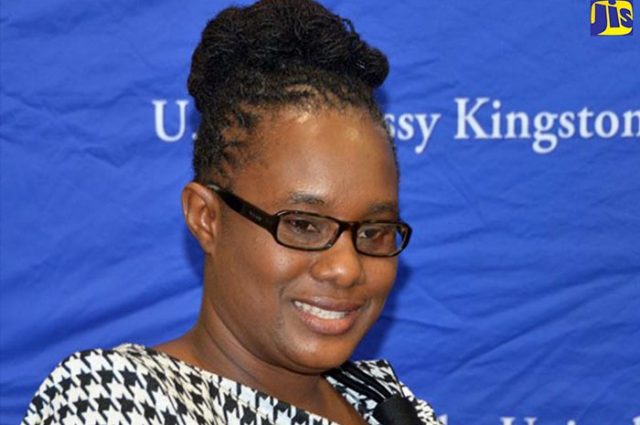 30
30 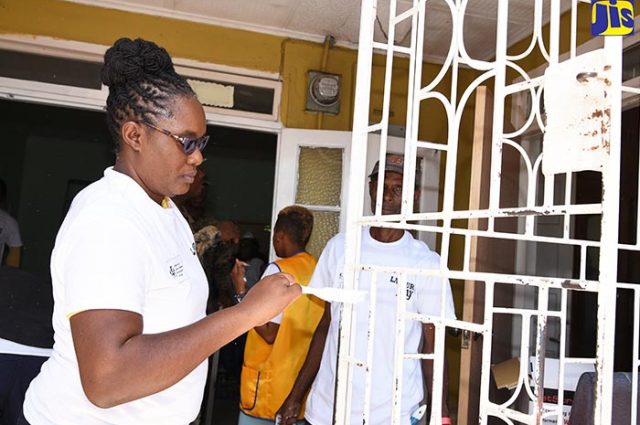 30
30 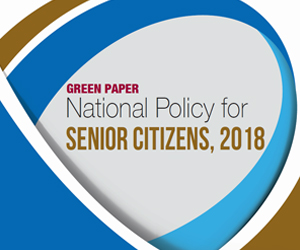 14
14 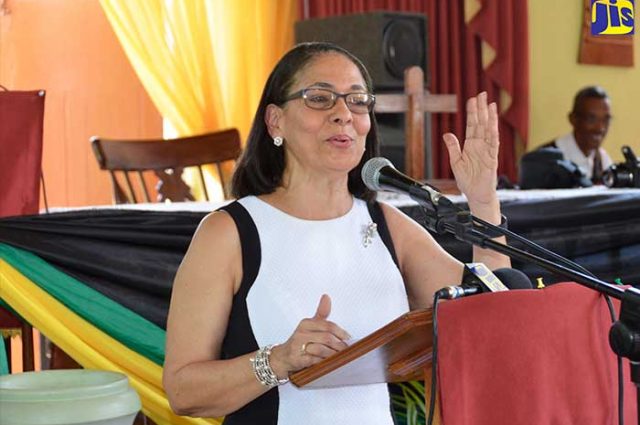 10
10  20
20